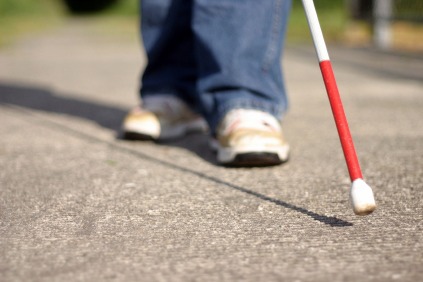
Taking Care of your Body [Illustration by Shiju George]
Pregnancy hormones bring about changes to almost every part of the body, including your breasts, skin, hair, teeth and gums. To keep your body in the best condition, you may have to change your daily routine. Moreover, your growing abdomen may affect your posture, so pay more attention to the way you stand or move.
Skin
Your skin will probably ‘bloom’ as the pregnancy hormones encourage it to retain water, making it look plump. The increased rate of blood circulation will also help it “glow,” make it less oily and less prone to spots. However, some women look quite the opposite. Their skin becomes dry and scaly and develops red patches and acne.
Skin care
But no amounts of medication or creams are likely to help you. Nevertheless, here are a few general tips you could try out.
- Soap removes the natural oils from the skin, so use it sparingly. Try using baby lotion or a glycerine-based soap and body wash.
- Always use oils in the bath to minimise the dehydrating effects of hard water, and do not lie in a bath for long as prolonged contact with water dehydrates the skin.
- Make up is good for your morale and can act as a good moisturiser for the skin as it prevents loss of moisture. Aromatherapy oils can be relaxing and invigorating. They will leave a protective film of oil on your skin that will prevent damage due to water loss.Deeper pigmentationPigmentation affects nearly every woman, especially on the areas of the body that are pigmented to begin with, such as freckles, moles and the areolae of the breasts. The skin on the inner thigh, underneath your eyes and your armpits may become darker too. A dark line called the linea nigra, often appears on your stomach. The linea nigra does not fade completely even childbirth. Keep your skin covered or use a sun block to protect yourself from the ultraviolet rays of the sun to avoid any further pigmentation.Make-up TipsFine lines or wrinkles: These will become more accentuated if your skin becomes drier than normal. Stop using products like shiny or glittering eye shadows, heavy foundations and coloured powders that make them look more obvious.

Taking Care of your Body [Illustration by Shiju George]
Dark circles: Over a thin layer of foundation, dab an under-eye cover up cream and leave to dry. Cover with another thin layer of foundation and blend carefully. Finish with a dusting of transparent powder.Spider veins: Remember hot and cold flushes? Well, all the blood vessels in pregnancy become sensitive – rapidly dilating when you are hot and constricting quickly when you are cold. Consequently tiny broken blood vessels called spider veins may appear on your face, particularly on your cheeks. Try not to worry as they will fade away soon after the delivery.Rub a thin, light coat of matt beige foundation free of any pink on to your cheeks. When dry, cover with your regular foundation and transparent powder.Stretch marksAlthough these marks may look unsightly, very little can be done to avoid them. About 90 per cent of pregnant women get stretch marks. They usually appear across the abdomen, although they can be seen on the thighs, hips, breasts and the upper arms.Gently apply vitamin E oil on the stretch marks. It may help in reducing the marks to a great extent.Pimples
If your skin has a tendency to become spotty before periods, you may get pimples now. This is because the pregnancy hormones that stimulate the sebaceous glands in the skin have not yet reached a balanced level. Keep your skin as clean as possible, and use a cleanser twice or thrice a day to prevent spots altogether. If a spot appears, apply a tiny smear of antiseptic cream. Never squeeze spots as this only spreads the infection into the deeper layers of the skin.
Extra greasy skin: Use an astringent lotion, oil-free foundation, and dust with translucent powder.
Extra dry skin: Although this is very rare in pregnancy, if it does happen to you, keep your face make up free and moisturise it well. Otherwise use an oil-based film of foundation and powder to reduce loss of water.










